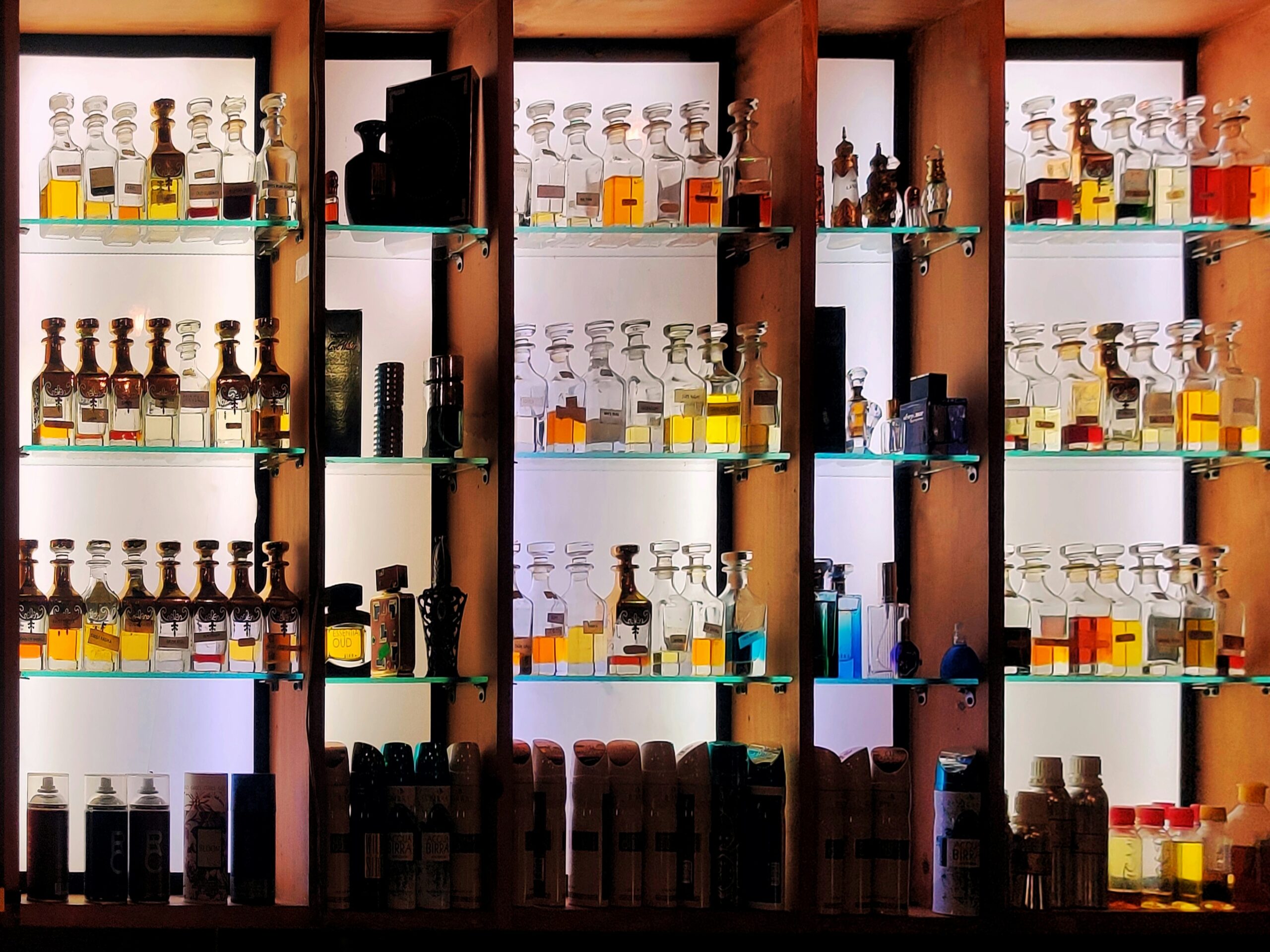Due to coronavirus, nearly every aspect of day-to-day life has been flipped upside down in recent weeks. With both a rapidly shifting economy and limited social interaction, many things feel a bit crazy. Perhaps the craziest, though, is the mass production of face masks.
Before this worldwide outbreak, most face masks were used by medical personnel during certain procedures. Now, because of the contagiousness of COVID-19, every person working in a medical facility, from the janitor to the surgeon, requires protection from the virus.
Not only do medical workers need face masks, but also in certain regions, local leaders are encouraging residents to wear masks whenever they go out. With increased demand from both the public and the medical world, the face mask industry is shifting dramatically.
A Unique Kind of Urgency
This isn’t the first time the world has seen a major shift in demand for a product, but it may be the only time the shift happened so rapidly. COVID-19 began spreading in China just a few months ago, and the disease became widespread in the USA less than a few weeks ago.
The speed at which COVID-19 spread created a nearly overnight boom in demand for masks. China is currently producing 200 million masks each day, a number that is twenty times higher than the amount the number being produced in early February.
Not only has the demand for the product increased more quickly than most, but the consequences for failing to meet demands are dire. Many medical workers are treating COVID-19 patients without protection, putting themselves and their families at risk.
Similarly, the use of non-medical grade masks could help the public slow the spread of the disease, but there aren’t enough masks to go around. This has created not only an economic incentive to produce more masks, but an ethical one as well.
While the CDC and local governments are considering whether or not to encourage the use of face coverings for all Americans, there is still an extremely limited supply for those in the medical field. The number of masks required is simply too high to produce quickly enough.
How Fortunes Are Made
In the midst of a major economic downturn for industries such as entertainment, travel, and food, companies with the capacity to manufacture masks are making a fortune. Even while meeting only a portion of the demand, mask manufacturers are raking in revenue.
One entrepreneur, in particular, Yu Xiaoning, made $1.9 billion over the course of six weeks through shares in the Chinese based company Dawn Polymer. The company holds an estimated 40% of the market in the specialty fabrics used to make face masks. Dawn Polymer’s shares rose 417% following news of the growing epidemic.
This wouldn’t be the first time a disease outbreak catalyzes wealth. Alibaba, a Chinese Internet retailer, got a needed and lasting boost from the SARS outbreak of 2003. Alibaba now dominates the markets as a retail giant.
Dawn Polymer and other brands with recently skyrocketing profits are likely hoping to have a similarly lasting success. If these companies can prove they have a long-term competitive advantage even after the pandemic has passed, they may become giants in their industries as well.
Barriers to Entry
Any entrepreneur can see the current economic potential in the mask-making industry. Not only do the unmet demands create a massive opportunity, but also some companies are experiencing a sharp drop-off in demand for their primary products due to sudden shifts in everyday life.
Because of this, many large companies are converting production facilities into mask-assembly factories. Over the last two months, 8,950 new manufacturers began producing masks in China.
Despite the immense potential for economic gains, face mask manufacturing is a difficult industry to enter. While masks may seem like simple products, a mask that effectively protects the wearer requires high levels of precision during manufacturing. Even with so many recent entries into the mask production market, masks are still unable to be produced quickly enough.
One of the major limiting factors is the specialty materials used in masks. The machine used to produce these materials costs upwards of $4.23 million apiece. While mask factories are currently operating at 110% capacity, they are struggling to increase operational capacity to meet increased demand.
Similarly, new entrants into the mask-making market must come up with major capital to pivot industries unless they already have access to equipment that can be adapted. Some manufacturers fear new entrants to the market will cut corners, lowering the quality of the product.
Long-Term Effects
The effects of COVID-19 will be around for years to come. Recovery from the damage to the economy could take time, and the companies who were once the dominant players may not be anymore.
The good news is that while many people are worried, the coronavirus is opening up opportunities for any business owners and entrepreneurs who are able to be creative in thinking of adaptation strategies. Mask-making is merely one of the industries that will be changed forever by this global event.




